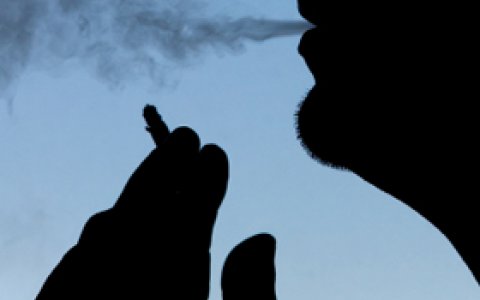Prison intervention could help tackle Indigenous smoking
A new NDARC study will examine whether health intervention ‘SNAP’ can help Northern Territory prisoners remain non-smokers after their release.
The randomised controlled study led by Professor Kate Dolan, an expert in prisoner health, will examine the effectiveness of the Smoking, Nutrition, Alcohol and Physical Activity (SNAP) program in preventing smoking relapse of Northern Territory inmates post-prison release.
SNAP aims to ensure Aboriginal and Torres Strait Islander peoples enjoy a healthy life equal to that of the general population.
The Northern Territory prison population comprises 92 per cent Indigenous Australians and 88 per cent smokers.
In 2013, Northern Territory prisons became smoke-free zones with prisoners, visitors and staff affected by the total ban on cigarettes.
While the ban has resulted in population-wide abstinence from smoking, the aim of this study is to extend the period of abstinence into the community.
Professor Dolan, together with NDARC researchers Dr Ryan Courtney, Dr Emily Stockings, Associate Professor Timothy Dobbins and Professor Anthony Shakeshaft, will specifically assess the feasibility of delivering SNAP to male prisoners in the Northern Territory and whether the program can significantly reduce smoking relapse in the treated group compared to the control group at day 1, 7, 30 and 90 post-prison release.
The researchers will also determine if the SNAP program can reduce the risk factors of poor nutrition, alcohol abuse and physical inactivity.
All eligible prisoners nearing release will be invited into the study.
For full project details, click HERE.











